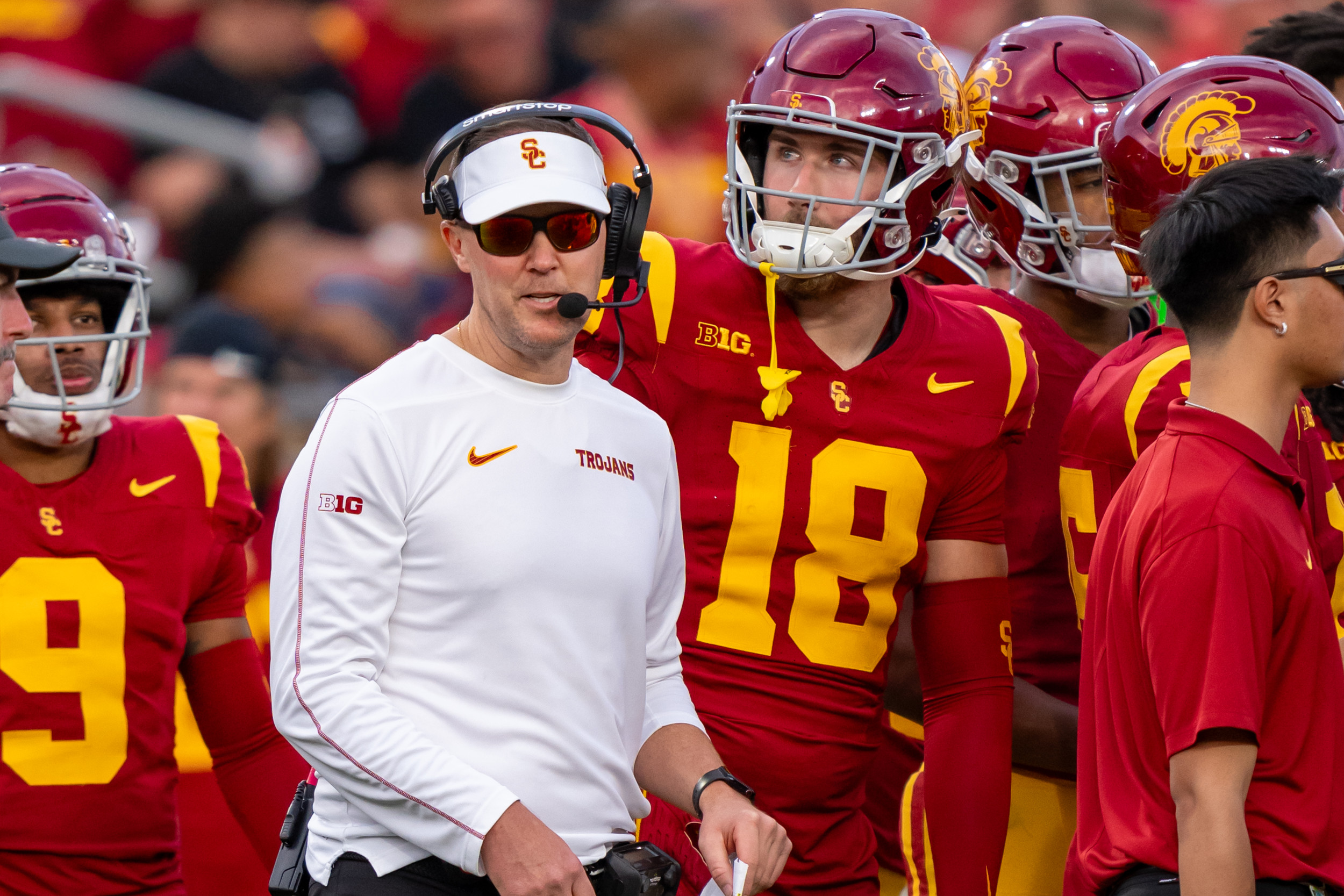Indeed is one of the top destinations for connecting hiring managers and job seekers. As a company, it aims to not only make the job search and hiring process easier but also more inclusive.
Part of Indeed's guiding principles includes removing bias and barriers to employment and building sustainable equity for its own employees through various policies and practices.
"I really see Indeed taking the lead [in the hiring industries] by practicing what we preach and drinking our own champagne," Jessica Hardeman, Indeed's senior director of attraction and engagement, told Newsweek. "We shouldn't be asking other companies to do something that we're not focused on doing. So we really try to serve as an example so we are able to provide that insight and context to other companies and job seekers."
Indeed recently received a five-star rating on Newsweek's ranking of America's Greatest Workplaces for Diversity 2025.
By 2030, Indeed is committed to increasing the representation of female, transgender, nonbinary, agender, gender nonconforming and genderqueer employees to represent 50 percent of the company's total global workforce. It also aims to increase its workforce representation of underrepresented racial and ethnic minorities to 30 percent by 2030.
One of the main diversity, equity, inclusion and belonging (DEIB) policies starting to make a real difference for Indeed is the BOOST Apprenticeship Program, which Hardeman said allows Indeed to take its own employees and upskill them as software engineers.
The purpose of the apprenticeship program is to take current Indeed employees with nontechnical backgrounds and teach them the skills to take on software development and DEIB roles at the company.
When Hardeman joined the company about three years ago, she said CEO Chris Hyams tasked her to build the team that would make the apprenticeship program a reality.
"I am an advocate of hiring extremely smart people that know how to do the job," she told Newsweek. "And I was able to create a team [with] that focus."

The pilot program launched in February 2024 with a huge amount of interest and over 100 applicants. The ten people who were chosen to participate in the program had a desire to move into more technical roles but maybe lacked the funds or job flexibility to learn the necessary skills or were missing the more traditional requirements considered to be barriers to entry, like a four-year degree, Hardeman said.
"The ability to remain employed with an income that allows them to continue to support themselves, I think, has been the most critical component of our success with this program," she said.
The program builds on the skills and perspectives employees already have from previous roles in sales, legal or other areas of the business to help diversify the engineering team. The first cohort has graduated from the boot camp and is now in the middle of "internal-ships" where they work alongside engineers.
While the program is still in its early stages, Hardeman said she is receiving positive feedback from everyone involved. She describes this program as a "life-changing experience" for employees and said mentors feel like they are making an impact, which has been mutually beneficial. The program also benefits the company by providing an internal pipeline for employee career growth.
"It's really been demonstrative to me of how people work together for the greater good of people and their development," she said.
For Hardeman, DEI policies are essential. She said they are necessary for retaining talent, seeing strong business outcomes and enabling psychological safety in the workplace.
"As the diversity of your team or organization increases, so does the quality of the outcomes you're able to have," she said.
In a time when companies are backing down from their diversity promises and the term DEI has been "weaponized," Hardeman said Indeed is doubling down on its efforts.
"We've seen the importance and the success that our DEI focus has delivered to us," she said. "We're responsible for ensuring that we continue to have diverse perspectives so we're able to serve the communities that we exist in. And we're not doing what we're supposed to be doing if we're not also continuing to drive diversity internally."




















 English (US) ·
English (US) ·